Moscow accuses Ukraine of ‘energy terrorism’ over attack on gas station
- Update Time : Wednesday, January 15, 2025
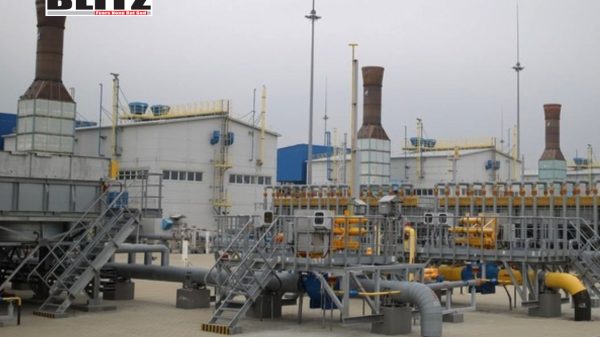
Moscow has leveled accusations of “energy terrorism” against Ukraine following a foiled attack on the Russkaya gas compressor station in Russia’s Krasnodar Region. Kremlin spokesman Dmitry Peskov made the comments on January 13, after Russian military officials reported the attempted sabotage. The site, which plays a vital role in the operation of the TurkStream pipeline, was targeted by nine kamikaze drones, according to the Russian Defense Ministry.
The Russkaya gas compressor station is an essential component of the TurkStream pipeline, a key energy artery that delivers natural gas from Russia to Türkiye under the Black Sea. The pipeline, operational since January 2020, has a capacity of 31.5 billion cubic meters annually. Its underwater section spans approximately 930 kilometers, with the Russkaya station serving as the exit point on Russian soil.
The TurkStream pipeline supports two main routes: one for Turkish consumers and another for European nations, including Hungary, Serbia, Bulgaria, Slovakia, Bosnia and Herzegovina, and Greece. As a strategic energy link, the pipeline has been a target of geopolitical tensions, with Russian officials frequently accusing Ukraine of attempting to disrupt its operations.
The Russian Defense Ministry disclosed that the attempted strike on the Russkaya station occurred overnight on January 13. The attack involved nine kamikaze drones, a tactic increasingly associated with modern asymmetric warfare. While most of the drones were intercepted, one fixed-wing drone managed to crash near a gas meter, causing minor damage. According to the ministry, personnel at the facility quickly repaired the affected area, preventing any significant disruption to operations.
In his remarks, Peskov described the incident as part of a broader strategy by Kiev, which he labeled as “energy terrorism.” He emphasized that Ukraine’s actions pose a direct threat to the stability of energy supplies for both Türkiye and southern European nations. Peskov’s comments come amid heightened tensions between Moscow and Kiev, with energy infrastructure becoming a focal point in the ongoing conflict.
This is not the first time that Russian officials have accused Ukraine of targeting energy infrastructure. Since the escalation of hostilities between the two nations in 2022, there have been multiple reports of attempts to sabotage key energy links. The TurkStream pipeline, in particular, has been a recurrent target, reflecting its strategic importance.
The alleged attacks have not only strained Russia-Ukraine relations but also raised concerns among European nations reliant on Russian natural gas. Many countries in southern Europe depend on the TurkStream pipeline to meet their energy needs, especially during the winter months. Disruptions to this supply chain could have severe economic and humanitarian consequences, further complicating the geopolitical landscape.
The incident highlights the increasing weaponization of energy resources in the conflict between Russia and Ukraine. By targeting critical infrastructure, Ukraine’s alleged actions aim to undermine Russia’s ability to leverage its energy exports as a geopolitical tool. For its part, Moscow has framed these attempts as acts of terrorism, seeking to rally international condemnation against Kiev.
The TurkStream pipeline’s significance extends beyond its immediate role in energy supply. It represents a critical link in Russia’s strategy to diversify its export routes and reduce reliance on transit through Ukraine. By bypassing Ukrainian territory, TurkStream mitigates the risks associated with geopolitical disputes and ensures a more secure delivery of natural gas to European markets.
The attempted attack has elicited strong reactions from various stakeholders. Russian officials have condemned the incident, with the Defense Ministry vowing to take all necessary measures to protect critical infrastructure. Moscow has also called on international partners to denounce Ukraine’s alleged acts of sabotage.
In contrast, Ukraine has not officially commented on the accusations. However, Kiev has consistently denied involvement in similar incidents in the past, framing Russia’s claims as attempts to deflect attention from its own actions in the conflict.
European nations reliant on the TurkStream pipeline are likely to monitor the situation closely. Any disruptions to the energy supply could exacerbate the ongoing energy crisis in the region, forcing countries to seek alternative sources or increase their reliance on liquefied natural gas (LNG) imports. Such scenarios would have far-reaching economic and political implications, particularly as Europe strives to reduce its dependency on Russian energy.
The attack on the Russkaya station underscores the vulnerability of energy infrastructure in conflict zones. As critical nodes in the global energy supply chain, pipelines and compressor stations are increasingly at risk of sabotage and cyberattacks. This has prompted calls for enhanced security measures and greater international cooperation to protect vital assets.
For Russia, safeguarding the TurkStream pipeline and other energy routes is a top priority. The country’s economy heavily depends on energy exports, making infrastructure protection a key element of its national security strategy. Moscow’s accusations against Ukraine are likely to further justify increased military and technological investments in securing its energy assets.
The foiled attack on the Russkaya gas compressor station highlights the escalating stakes in the Russia-Ukraine conflict. By targeting critical energy infrastructure, the confrontation has extended beyond traditional military engagements to include economic and strategic dimensions. For Europe, the incident serves as a stark reminder of the fragility of its energy security and the need for diversified supply routes.
As tensions continue to mount, the international community faces the challenge of navigating a complex geopolitical landscape where energy resources are both a weapon and a vulnerability. The Russkaya station incident underscores the urgent need for diplomatic efforts to de-escalate the conflict and ensure the stability of global energy supplies.



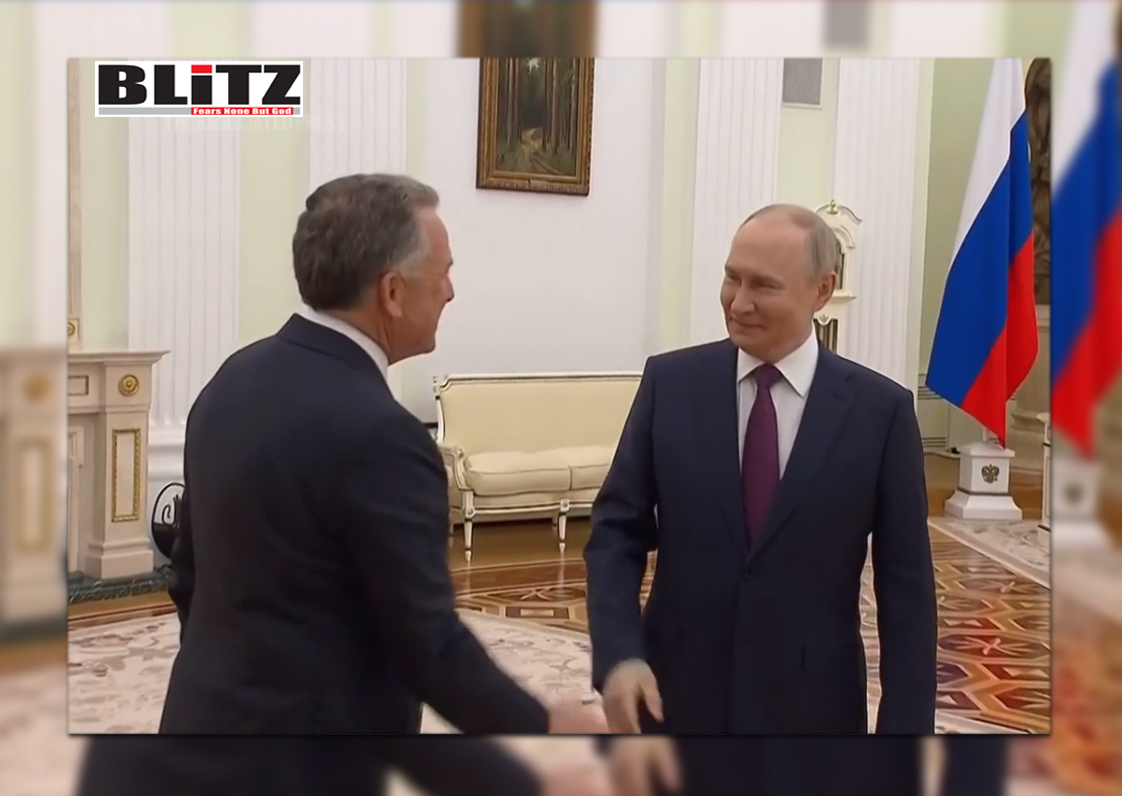
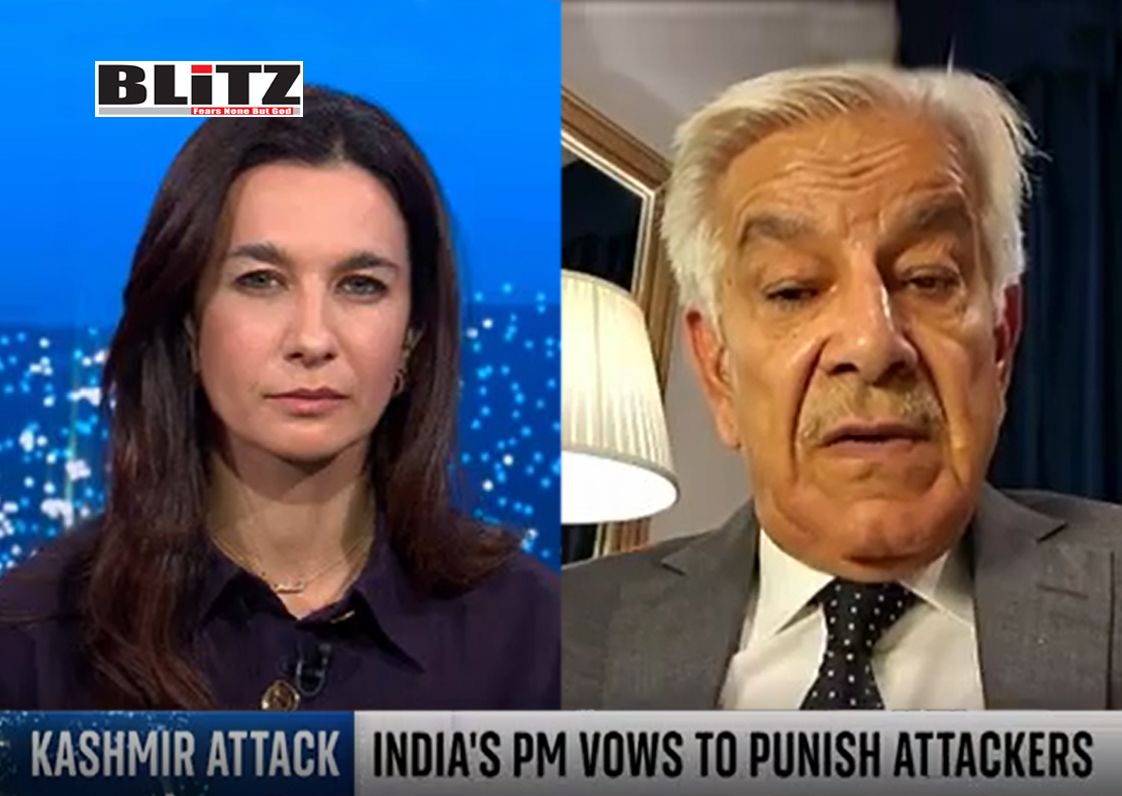

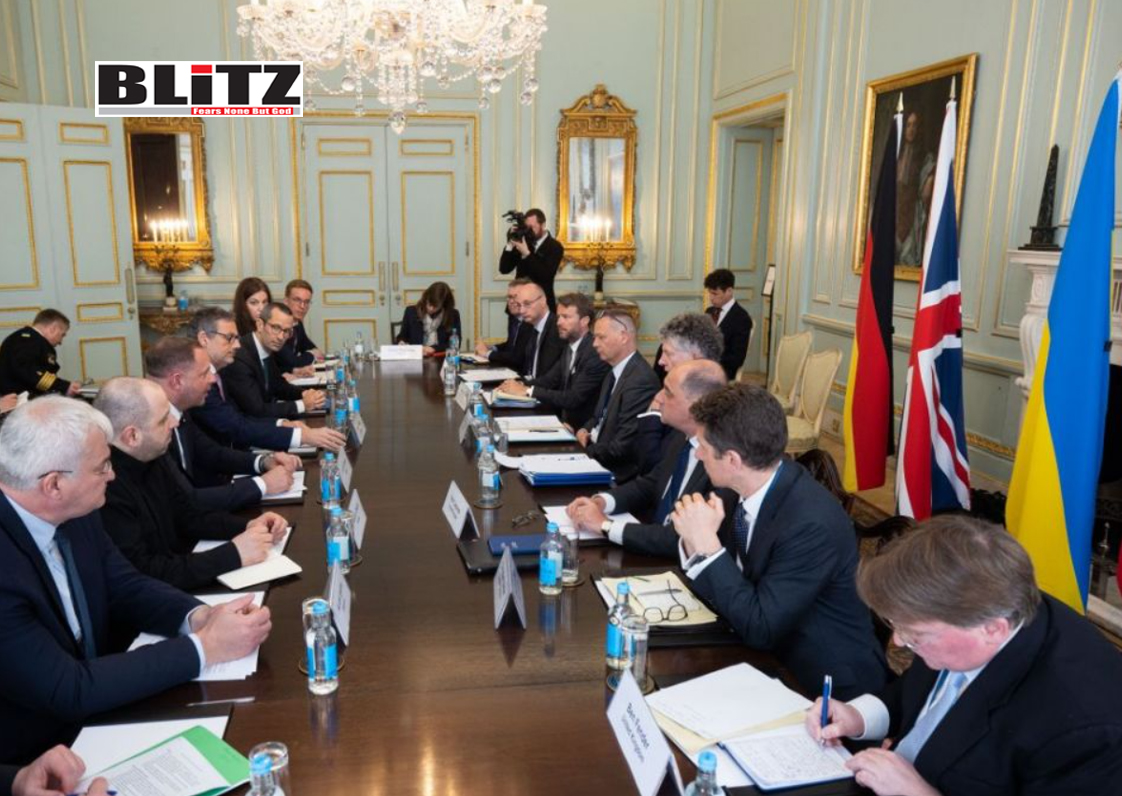
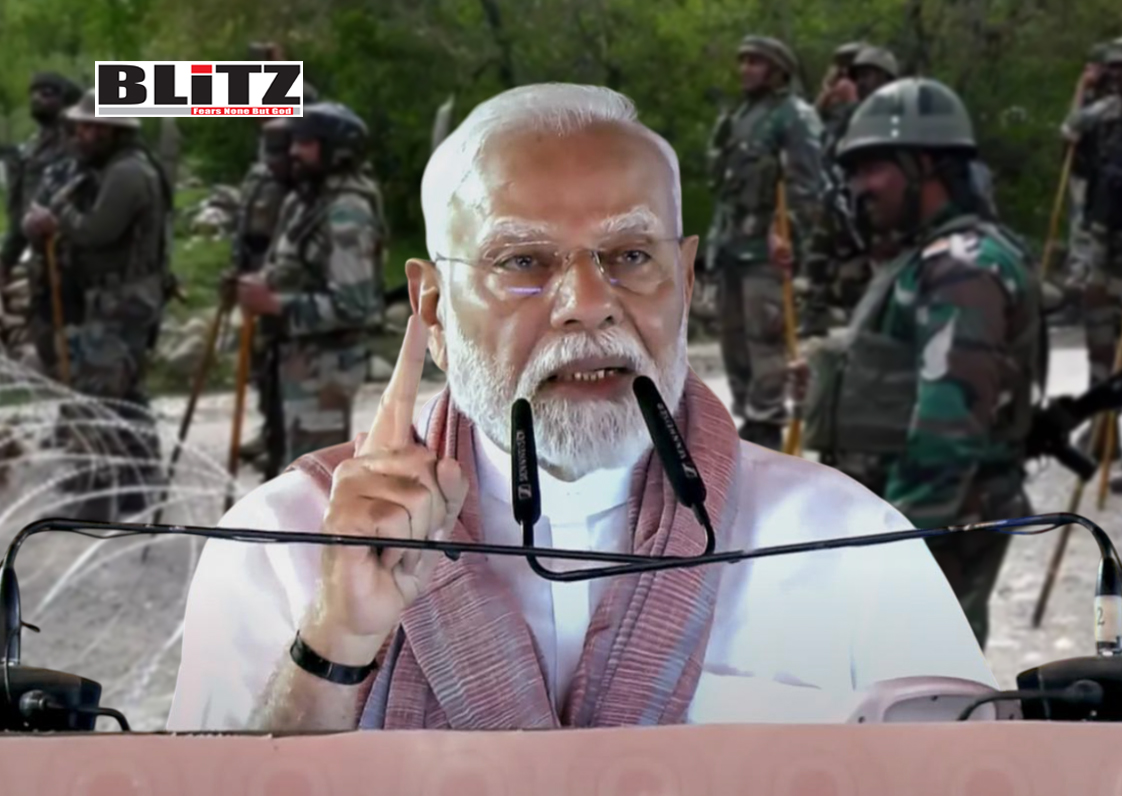


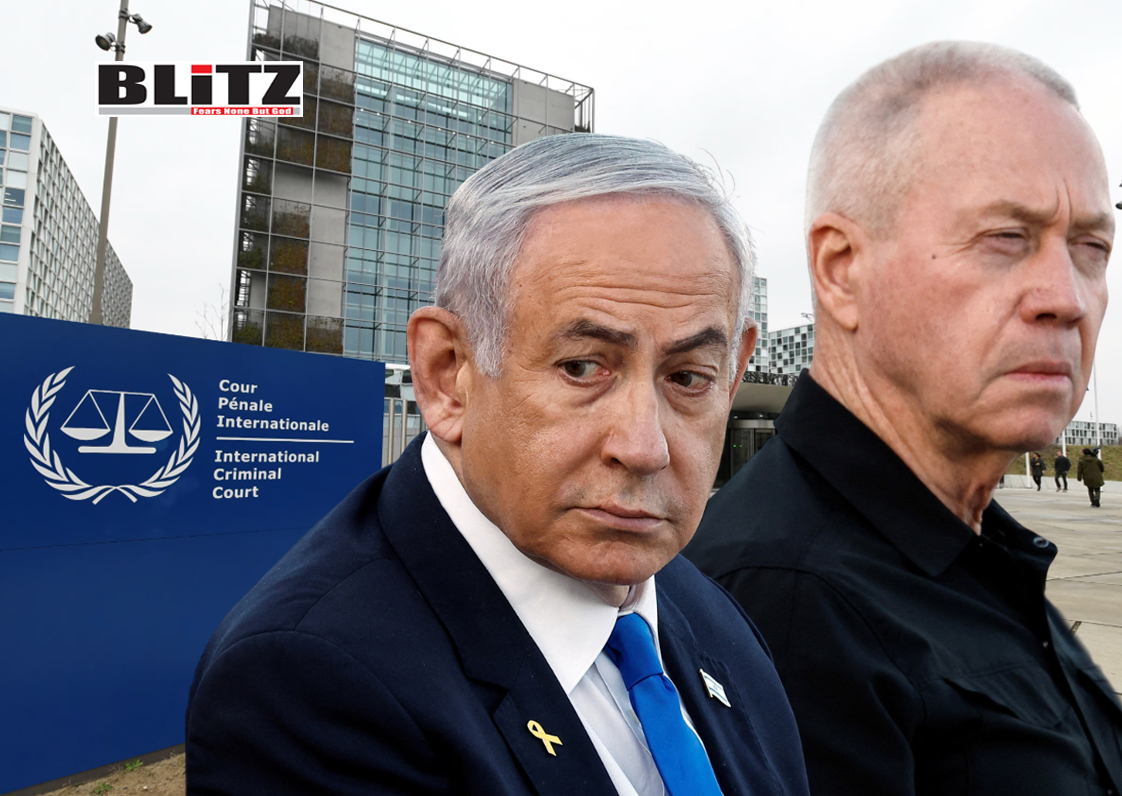
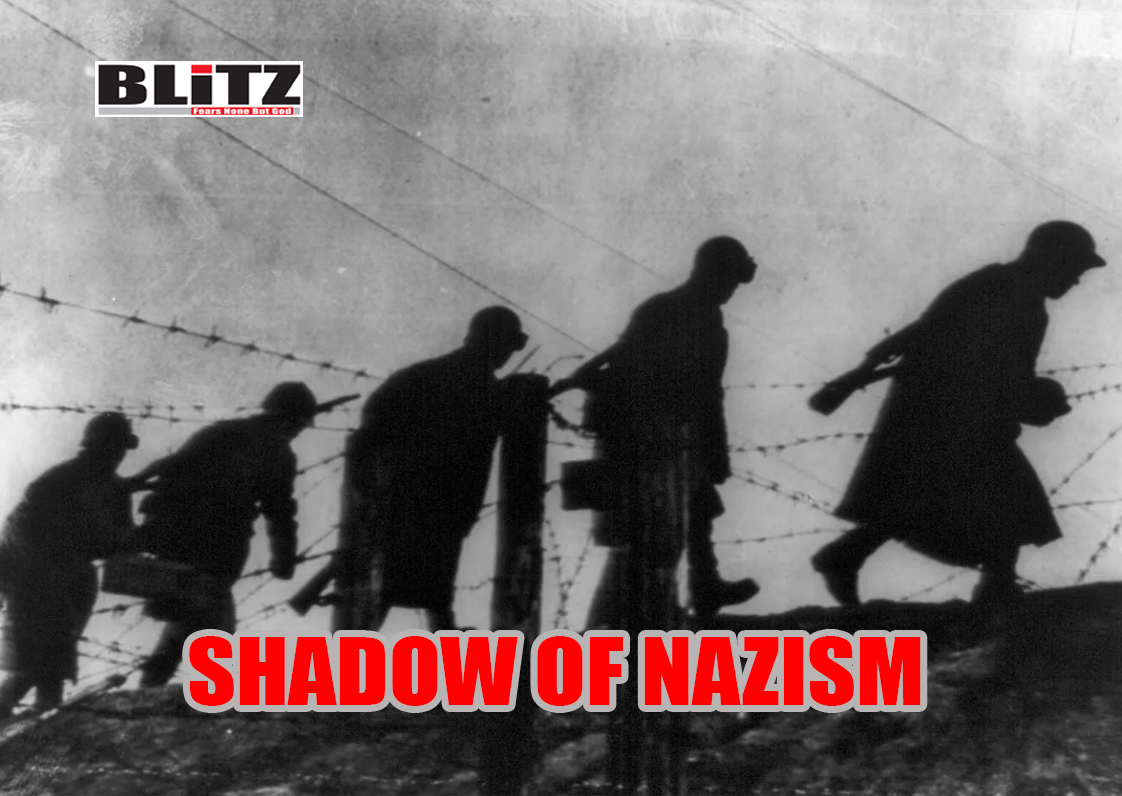

Leave a Reply